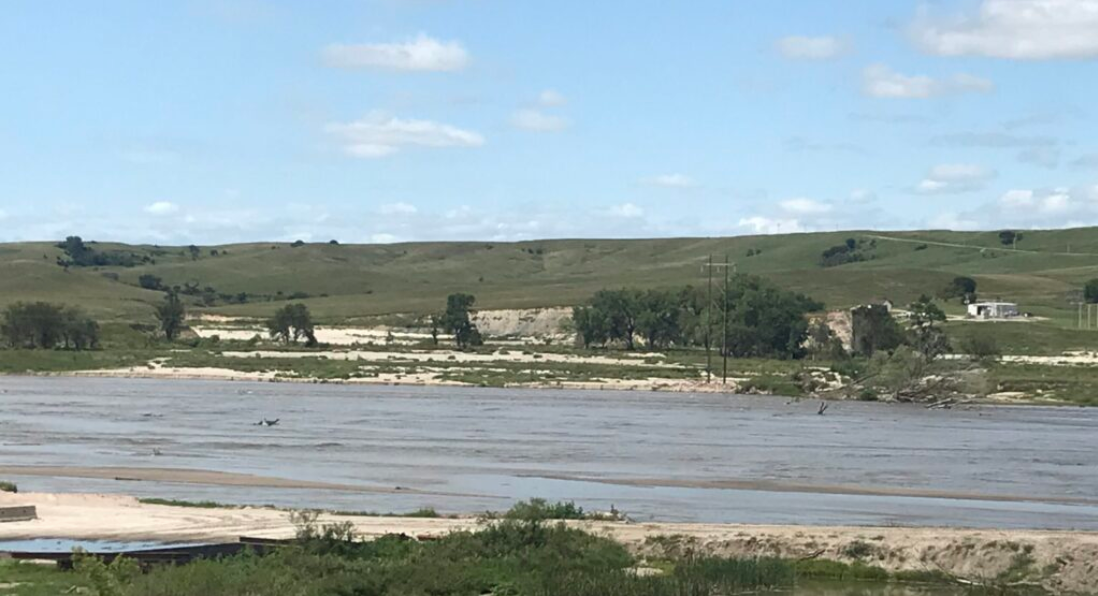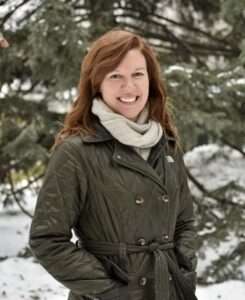
By PAUL HAMMEL
Nebraska Examiner
LINCOLN — Martha Shulski is mighty busy these days.
Shulski, the state climatologist since 2016, has seen a big increase in requests for talks on climate change since Nebraska was hit by a devastating “bomb cyclone” wave of flooding in the spring of 2019.
“That seemed to spark more interest,” she said. “It was a big, significant event that affected so many people.”
“The main question I got was, ‘Are we going to have more of these?’ ” Shulski said.
The increased interest, plus a desire to share plans for dealing with climate change rather than debating whether it exists or not, has prompted Humanities Nebraska to schedule a first-ever panel discussion entitled “Weathering Uncertainty: Conversations About Climate in Nebraska.”
The free event, scheduled June 15 at 7 p.m. at Lincoln’s Lied Center for the Performing Arts, will feature leaders of agricultural and conservation groups, along with the mayor of Norfolk and an official with the University of Nebraska Medical Center.

Not politics
“This is not about politics, or about who’s right or wrong,” said Shulski, who will moderate the panel discussion.
“I see it as a way to have a meaningful discussion and dialogue, not necessarily about the science of climate change, but what are people doing to deal with it,” she said. “All the audiences I talk to are wanting to know solutions.”
Chris Sommerich, executive director of Humanities Nebraska, said it is part of a national effort called “Democracy and the Informed Citizen.”
The goal, he said, is to gain a greater understanding of how Nebraskans are responding to climate change by bringing people together from a lot of different perspectives and backgrounds.
On the panel are:
- Mark McHargue, president of the Nebraska Farm Bureau.
- Josh Moenning, mayor of Norfolk.
- Jesse Bell, director of the Water, Climate, and Health Program at the University of Nebraska Medical Center.
- Hannah Birge, director of agriculture for The Nature Conservancy-Nebraska.
Shulski said she has been talking to a lot of faith-based groups about climate change, as well as those in the health and landscaping industries, about what might be ahead in terms of climate.
More extreme heat
Her 2020 state climate report projected that extreme temperatures of 95 degrees and above will double by 2050, to 30 a year, and the state’s growing season, now about 150 days, will grow by several weeks.
The wildfires in Nebraska in April, fueled by high winds and drought-like conditions, along with the driest December on record, along with an unprecedented outbreak of 30 tornadoes that month, illustrate that extreme weather events are continuing, she said.




